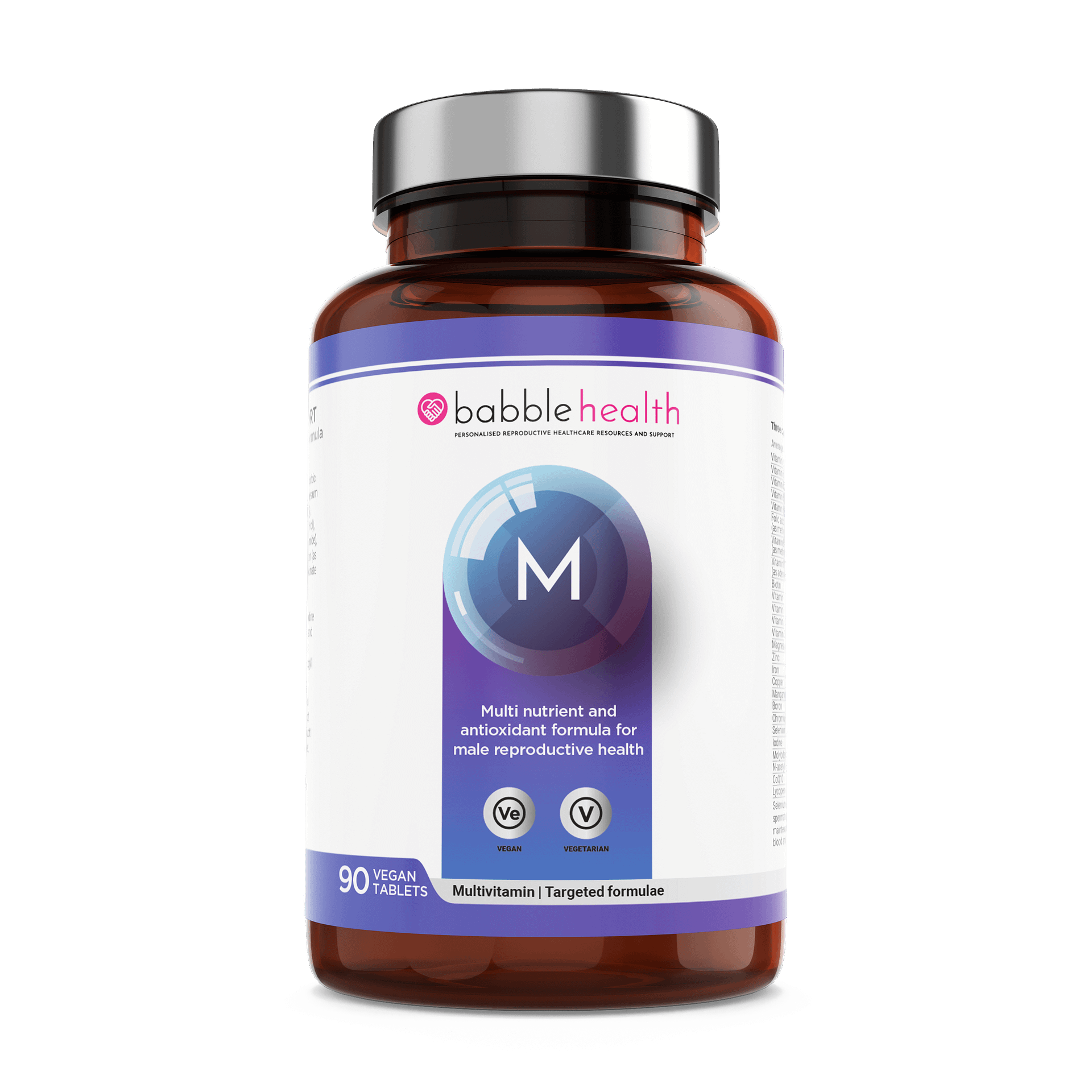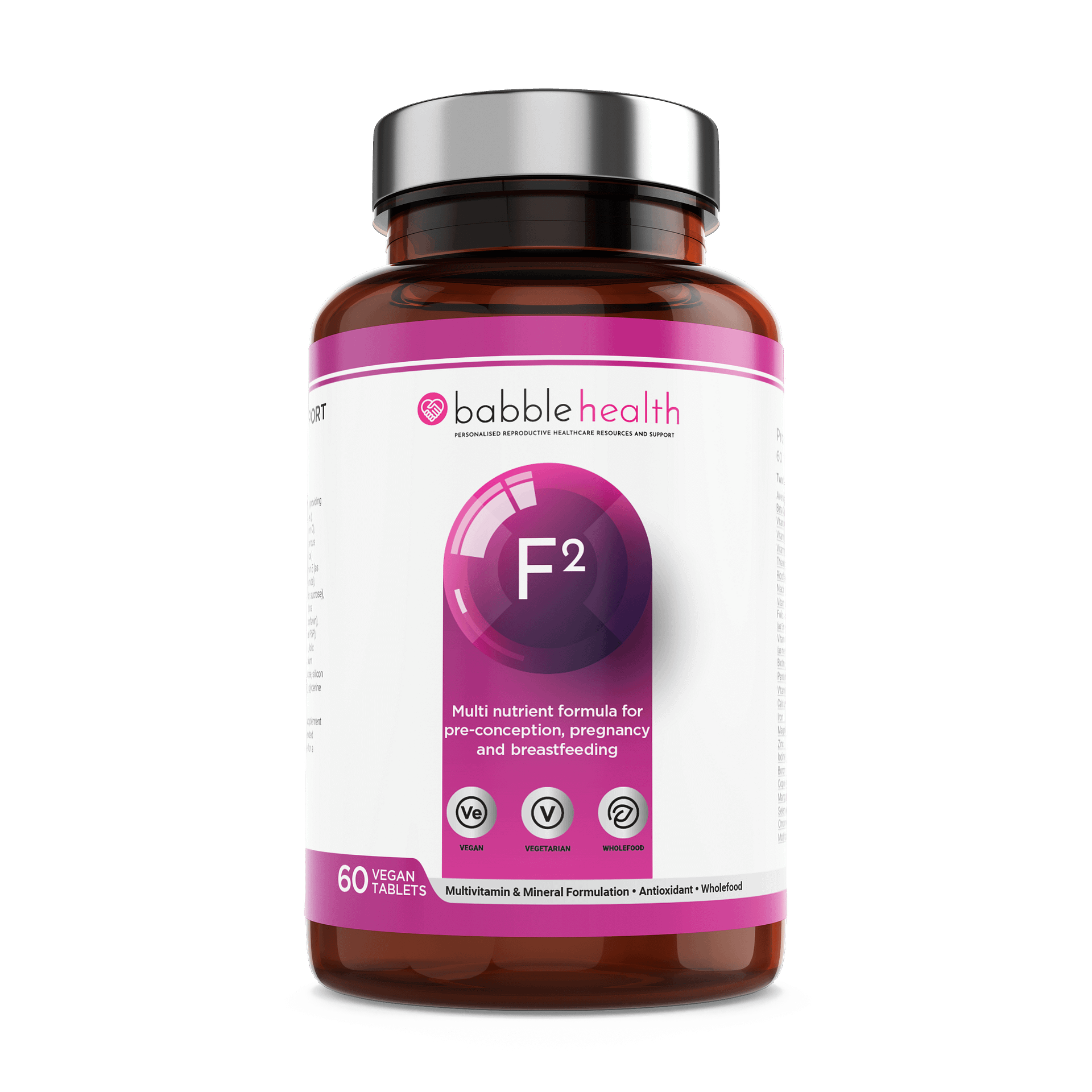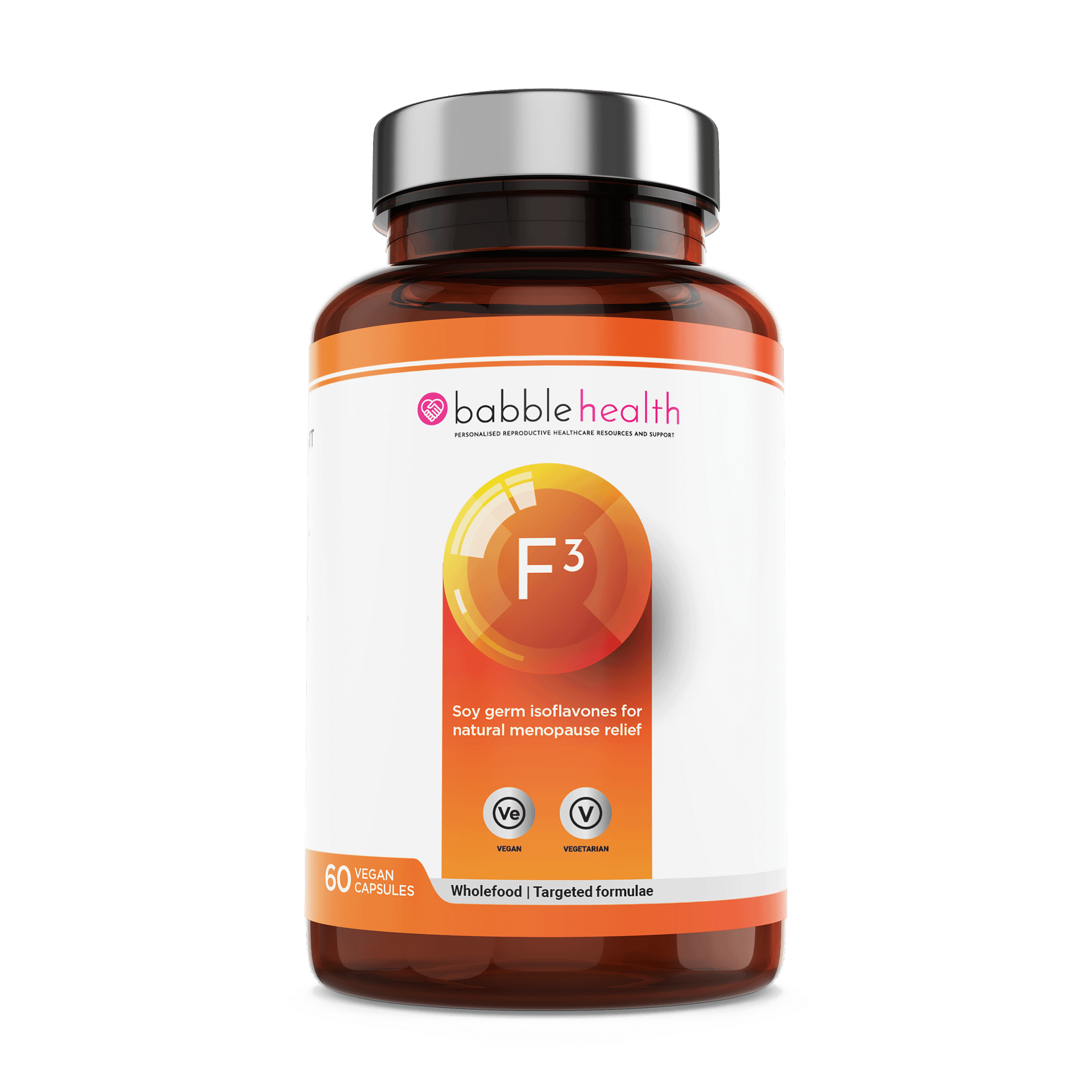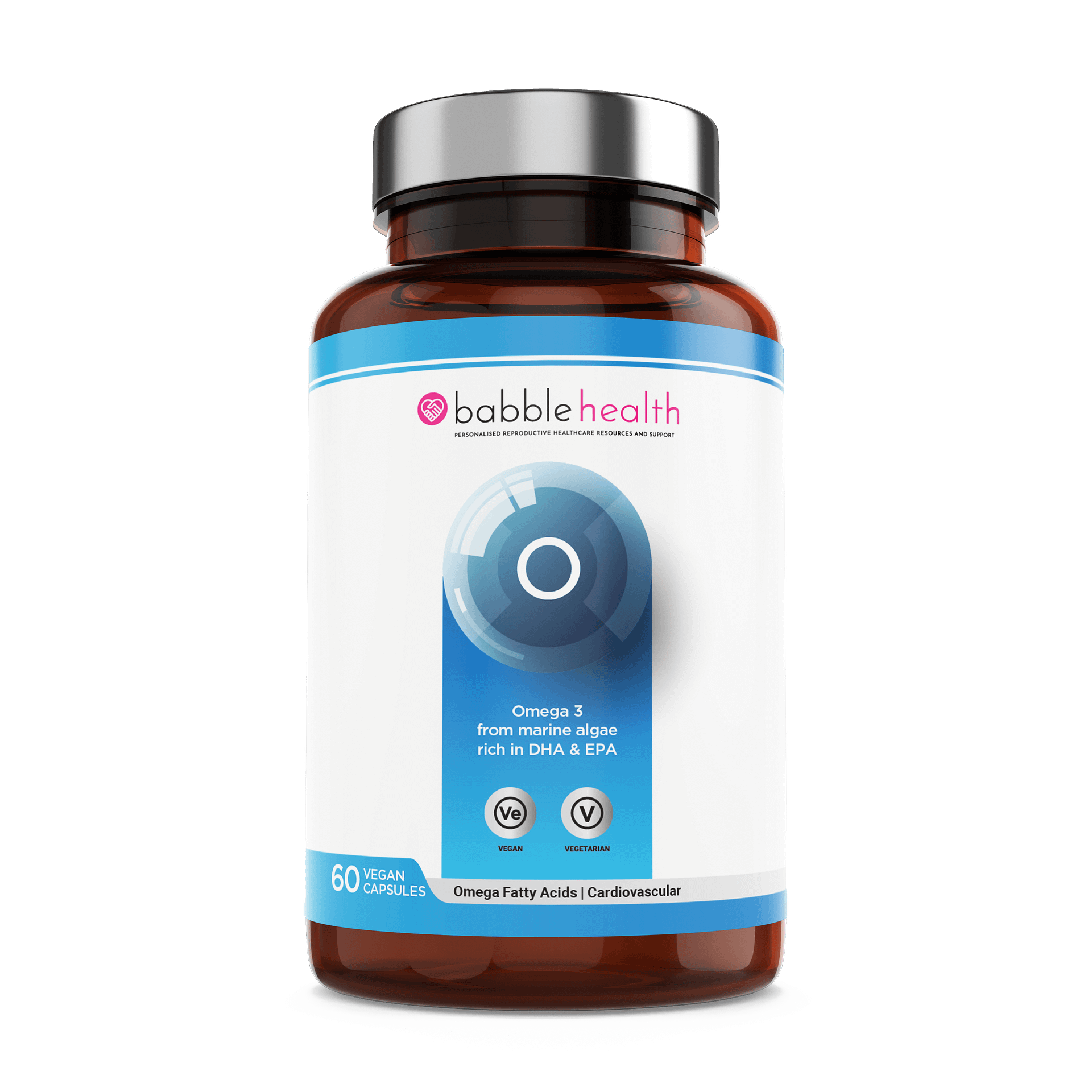What exactly is meant be a Mediterranean diet?
A Mediterranean diet is based on the traditional eating and living habits of people from countries bordering the Mediterranean Sea. A typical Mediterranean diet includes lots of vegetables, fruits, beans, nuts and seeds, herbs, cereals and cereal products. It also contains moderate amounts of dairy, eggs, fish, and some meat. It also includes consuming a good amount of healthy fats. Olive oil, which is a monounsaturated fat, is the healthy fat which is most commonly associated with the Mediterranean diet, but polyunsaturated fats are also present in nuts, seeds and oily fish.
The health benefits gained from following the Mediterranean type diet plan, seem to be acquired from the combination of all these different elements.
What are the health benefits of enjoying a Mediterranean diet?
Research has shown that following a Mediterranean type diet plan can reduce the chance of developing conditions such as heart disease, type 2 diabetes, high blood pressure, obesity and also Alzheimer’s disease.
How can following a Mediterranean diet aid fertility?
The importance preconceptionally of eating a healthy diet and living a healthy lifestyle is becoming more recognized and researched. But can following a Mediterranean diet plan aid fertility? There is increasing evidence that it can, although further research is still required in certain areas.
Although there’s no one ‘miracle’ fertility food, there are nutrients that have been shown in studies to support reproductive health, such as folate, B6, B12, omega-3 fatty acids, zinc and some antioxidants such as vitamin C, D and E, many of which are provided by the foods that comprise the Mediterranean diet plan.
What are some of the key nutrients provided by following a Mediterranean type diet and why are they important when it comes to fertility?
Optimal levels of B vitamins (including folate) are not only important for the prevention of neural tube defects, but these vitamins also help ensure that your body’s cells are strong and have healthy DNA, which, in turn, can influence the chances of conceiving. A likely benefit of the Mediterranean diet to fertility is its high vitamin B content. Vitamin B6 and B12, as well as Folate, are required to breakdown homocysteine, a naturally occurring amino acid found in blood plasma. Elevated levels of homocysteine are associated with adverse reproductive and pregnancy outcomes.
Vitamin D (often known as the ‘sunshine vitamin’) can also be obtained from consuming oily fish and eggs. It appears to impact IVF outcomes by supporting oestrogen and progesterone levels, which are important in the regulation of the menstrual cycle, improving the chance of conception. This key vitamin has also been linked to increasing testosterone levels in men and plays an important role in sperm quality and count.
Omega-3 fatty acids are important when it comes to reducing inflammation. These can be obtained from oily fish sources such as salmon, mackerel and sardines, nuts and seeds. It has been linked to acting as a precursor in the production of prostaglandins involved in the menstrual cycle, in the growth and development of eggs and also in the initiation of the ovulation.
Just some of the recent research …….
A 2010 Dutch study showed that following a preconception Mediterranean style diet in couples undergoing ART treatment increased chances of achieving pregnancy by 40%.
In a recent study led by Professor Nikos Yiannakouris at the University of Athens, and published in the journal Human Reproduction in 2018, it was found that women who follow a “Mediterranean” diet plan in the six months before Assisted Reproductive Treatment (ART) had a significantly better chance of becoming pregnant and giving birth to a live baby than women who did not. Researchers asked women about their diet before they underwent IVF treatment and found that those who ate more fresh vegetables, fruit, whole grains, legumes, fish and olive oil, and less red meat, had a 65-68% greater likelihood of achieving a successful pregnancy and birth compared to women with the lowest adherence to the Mediterranean-style diet.
In another study which involved over 200 men attending a Greek fertility clinic (and included men of all different body sizes) it was discovered that those who had higher scores (MedDietScore) which reflected better following the Mediterranean diet, had better sperm quality including shape, concentration and movement.
Try to eat these each day:
Vegetables (lots of)
Extra virgin olive oil
Wholegrain breads, cereals, pasta, rice and grains
Fruit
Nuts and seeds
Legumes, beans and lentils
Enjoy these a few times a week:
Fish and seafood
Yoghurt. eggs and cheese
Poultry like chicken and turkey.
Eat these now and again:
Red meat
Desserts
And what to drink on a Mediterranean diet plan?
Plenty of water
A cup of coffee per day (optional).
A small glass of red wine now and again with your main meal – optional (go for organic if possible- avoid if taking medication/fertility drugs- please check with your healthcare provider as they will know your individual circumstances).
We will be featuring some lovely Mediterranean recipes over the coming weeks









